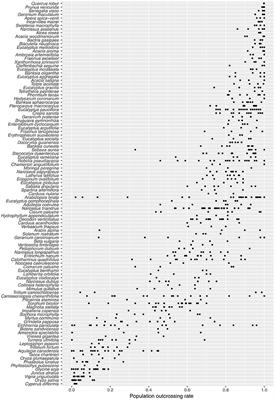
Vikrojka Korseta Pdf
Dec 22, 2016 Live TV from 60+ channels. No complicated set-up. No cable box required. Cancel anytime. Following the breakup of the SFR Yugoslavia in 1992, which had +38 as country code, Kosovo used the code +381, which was granted to FR Yugoslavia and later used by Serbia.The code was used for fixed line telephone services, whereas for mobile phone networks, it used either the Monaco code +377 or the Slovenian code +386. And now the new Calling code +383 >>.
Pes 6 pc. • • • Kosovo are the largest group in, numbering around 150,000 people. Kosovo was the political, religious and cultural core of the. Because of Serbian medieval history and monuments, Kosovo has long been called the 'Serbian '.
The, founded by the, is a combined consisting of four churches. The region of Kosovo was an important part of the 14th-century, with serving as capital, until its subsequent occupation by the Ottomans following the (1389), considered one of the most notable events of Serbian history. After centuries of foreign, Kosovo was annexed by the in 1912, following the. It was then part of Serbia (and later ), until the 1999 resulted in the de facto separation of Kosovo from the rest of Serbia, followed by its in 2008 which is by the international community. Most of Kosovo's pre-1999 Serb population relocated to central and following campaigns while many of the remaining Serbs outside live in small isolated communities, called. Left:, and founder of monastery Right: Main Gate of the in, which used as capital of raided and settled the western Balkans in the 6th and 7th century.
The Serbs are mentioned in as having settled the Balkans during the reign of Emperor (r. 610–641), however, research does not support that the Serbian tribe was part of this later migration (as held by historiography) rather than migrating with the rest of Early Slavs. Through linguistical studies, it is concluded that the Early South Slavs were made up of a western and eastern branch, of parallel streams, roughly divided in the –– line. Parts of northwestern Kosovo were part of the. In the late 9th century the region was seized by the, while the region switched hands between the Byzantines and Bulgarians until the Byzantine restoration of 1018–19. In 1040–41 a broke out, which included Kosovo.
Broke out in 1072, in which Serbian prince was crowned Emperor of Bulgaria at, however, despite some initial success, Bodin was eventually captured in southern Kosovo and the rebellion was suppressed.; Scylitzes Continuatus: 163–165, the new independent Serbian Grand Prince, began raiding Byzantine territories, first in, advancing into Macedonia (1091–95). He broke several peace treaties concluded personally with the Byzantine Emperor at and, until finally submitting in 1106. The, led by Patriarch, 17th century. Kosovo was taken by the Austrian forces during the (1683–1698).
In 1690, the, who previously escaped a certain death, led 37,000 families from Kosovo, to evade wrath since Kosovo had just been retaken by the Ottomans. The people that followed him were mostly, but there were numerous Orthodox Albanians and others too.
20,000 Serbs abandoned alone. Due to the oppression from the Ottomans, other migrations of Orthodox people from the Kosovo area continued throughout the 18th century. It is also noted that some adopted Islam and some even gradually fused with the predominantly Albanians and adopted their culture and even language. By the end of the 19th century, replaced the Serbs as the dominating nation of Kosovo. In 1766 the Ottomans abolished the and the position of Christians on Kosovo was greatly reduced. All previous privileges were lost and the Christian population had to suffer the full weight of the Empire's extensive and losing wars, even to take the blame for the losses. [ ] Albanians formed the nationalistic in in the late 19th century.
The Aim of the League of Prizren was to unite the four Albanian-inhabited Vilayets by merging the majority of Albanian inhabitants within the Ottoman Empire into one. However at that time Serbs were opposing the Albanian nationalism along with Turks and other Slavs in Kosovo, which disabled the Albanian movements to establish Albanian rule over Kosovo. In were carried out by Albanians in. Modern period [ ].